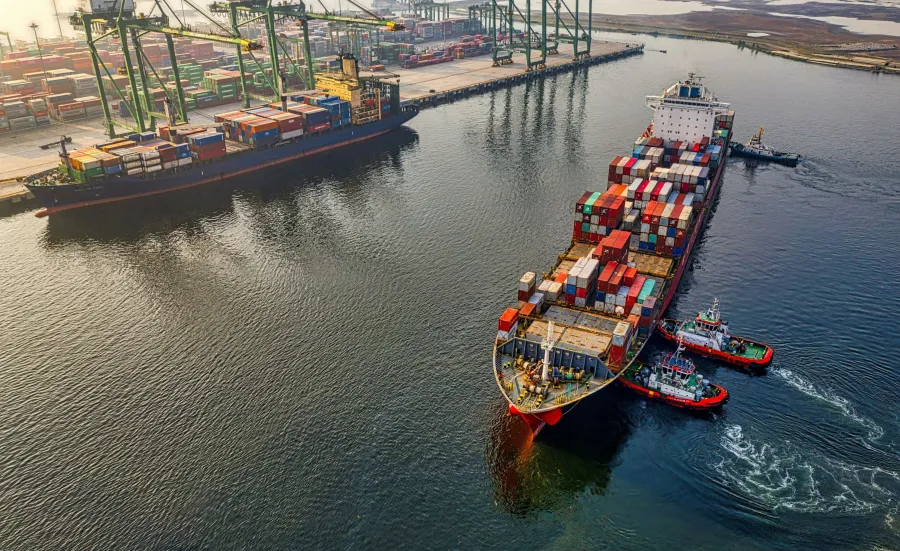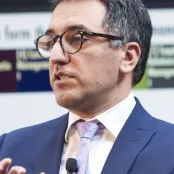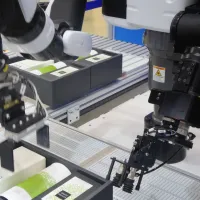Research centre
Supply Chain Excellence Centre (SCEC)

Our research focus and activities are in the fields of operations, supply chain, and their relevant disciplines.
Part of
Business


